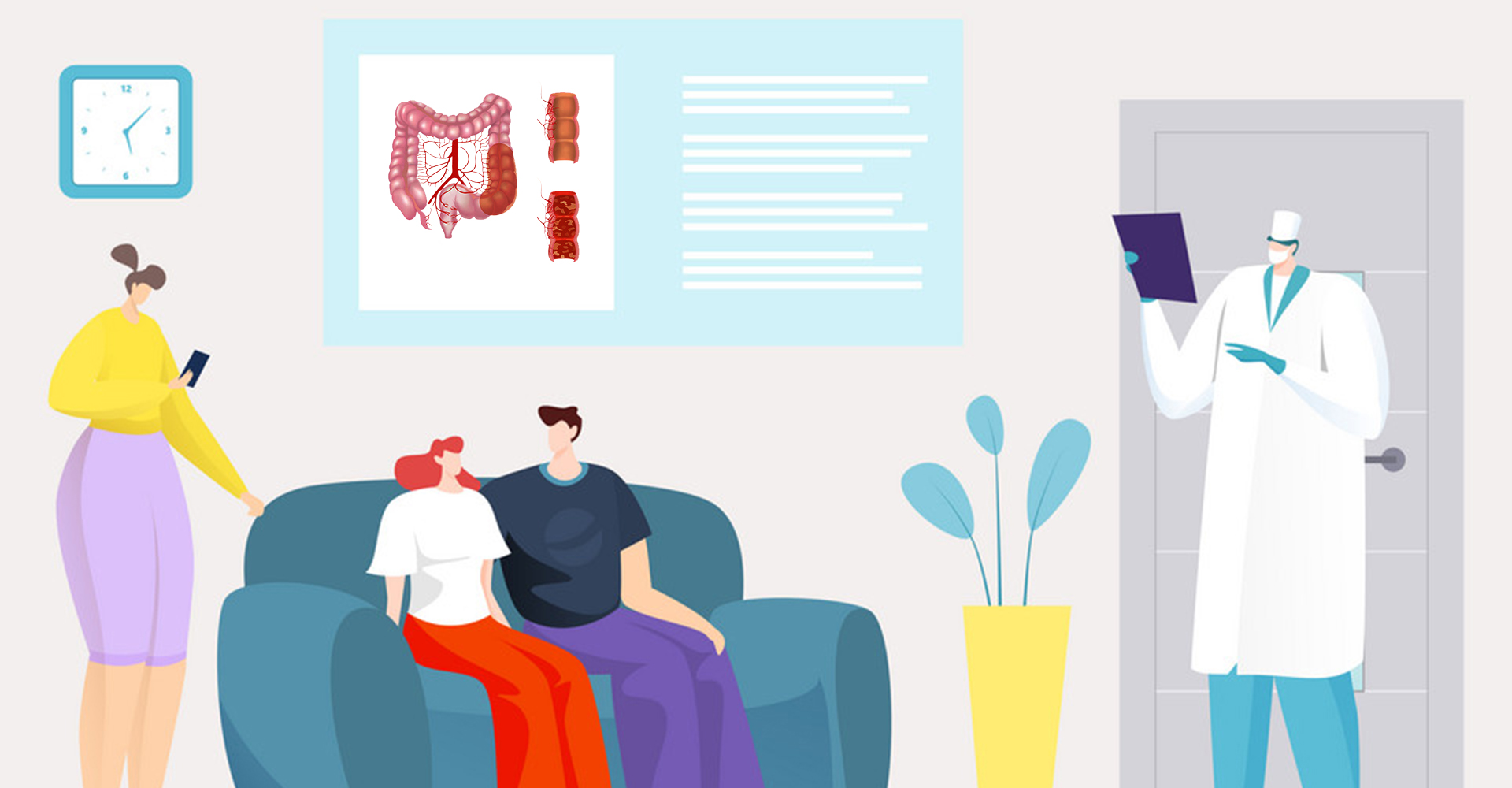
Inflammatory Bowel Disease refers to a group of diseases which affect the GI Tract. Ulcerative colitis is a form of IBD which results in inflammation of colon or rectum or both.
Signs & symptoms differ from one person to another and they even tend to change overtime. People with Ulcerative colitis may experience periods of remission where the symptoms are almost nil. But, remission does not last forever, symptoms tend to come back and in some cases, may be severe. This is called a UC flare up

Generally, the goal of UC treatment is to prevent flare ups & manage symptoms better. Patients will need a combination of nutrition, medication and/or surgery to achieve the goal.
Nutrition:Patients are required to eat a balanced diet with plenty of fibre, fruits & vegetables full of vital vitamins & minerals. Also they should avoid spicy or high fibre foods to avoid worsening of symptoms.
Medications:Your gastroenterologist may recommend antibiotics, corticosteroids, immunomodulators & biologics to manage the condition
Surgical Intervention:Colectomy (surgical procedure to remove the colon) or proctocolectomy ( surgical procedure to remove the rectum) may be recommend if all other treatments fail.